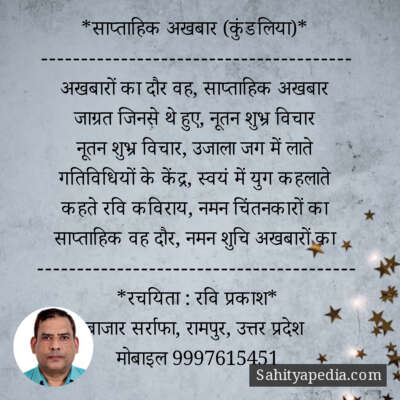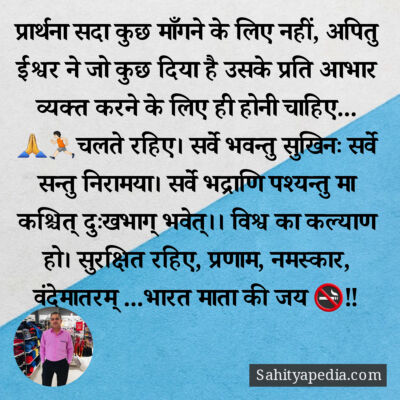Decolonization of Indian legal system
When I was pursuing my LLB from Campus Law Centre, University of Delhi, practical training was an essential part of last semester. Every student was compulsorily required to spend at least fifteen days time in any of the court he choose and then he has to pen down own practical experience.
I chosen High Court of Delhi for my practical training. I distinctly remember when I entered Delhi High Court premise I saw many advocates wearing coat and gown. Their attire made me hesitant to enter the court premise and talk to them. I had to muster lot of courage to interact with them.
If a law intern had to face so much problem in interacting with lawyers in such attire , what about common mass. How they deal with their mental inhibition in interacting with lawyers in such royal attire, which is reminiscent of king size personality. I wonder as to why this tradition is still followed in our country.
Gradually I start noticing many unnecessary and irrelevant laws and tradition which is still prevalent in our country , which is still being followed without any thought. It’s been more than seven decades since India has achieved independence from Britishers, but judicial system in India is still mentally enslaved. The decolonization of Indian legal mechanism is yet to be achieved.
These Gowns are implemented by Britishers as they hailed from a country , where weather condition are generally cold. Hence they are comfortable with these gowns. But in India, it is just useless. What purpose it serve to a Supreme Court Lawyer to wear gown even during summer when temperature soar upto 46 degree Celsius? The tradition if wearing gown is not fruitful in Indian weather condition.
In major part of India, arguments are being advanced in English Language. The normal language of pleading in different court of India is English. Majority of Indian population is not well conversant in English language. Why this language is still forcefully implemented in major part of India in different courts for argument and pleading purpose? Britishers adopted this language because it was their native language, but why to implement English language forcefully in major parts of country. It is a time where regional language may be allowed in different courts. Pleading and arguments should also be taken into consideration during court proceeding. This will make Indian Legal system amenable to common mass.
Addressing the Hon’ble Judges as Lord is another symbol of continuing mental slavery. In British India, the Judges were addressed as Lord as this tradition was inherited by them as per their own tradition and custom. Why to continue with such otiose way of addressing the Hon’ble Judges as Lord till date.
What purpose it serve in addressing the Hon’ble Judges as my Lord, is beyond any body’s comprehension. There has been may Judges of High Court, who discouraged this futile tradition of being addressed as My Lord. Few of these examples are Hon’ble Justice Shri Ravindra Bhatt, Hon’ble Justice Shri Muralidhar and so on.
There may be many other way of addressing the Hon’ble Judges in respectful manner apart from addressing them as Lord or My Lord. This way of addressing them certainly signify this fact that Indian Judicial System is carrying the colonial way of addressing , without giving a thought. This manner of addressing them certainly reduces self confidence of a common man in court.

















